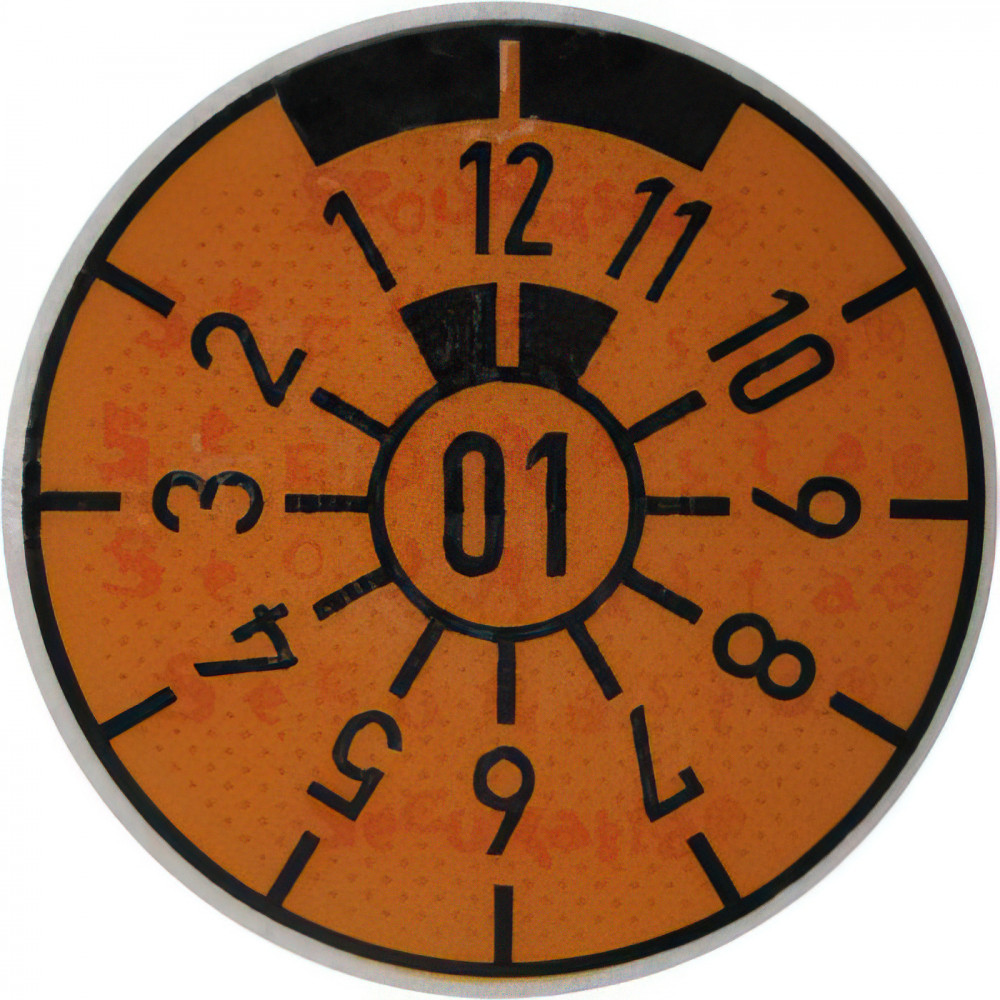"Diversität leben - eigentlich ist das für uns alle Alltag. Aber diese Diversität wollen und müssen wir auch im Arbeitsleben noch konsequenter abbilden. Davon profitieren wir, Diversität ist heute Grundvoraussetzung für Erfolg!" Das Statement kommt von Herzen. Sehen Sie selbst!
An important step in protecting people from the harmful impacts of “the technical age” was the founding of the Medical-Psychological Institute (MPI) in 1954.
The Essen-based MPI was only the second institute of its kind in Germany. Its medical and psychological causal research complemented TÜV accident analyses in mining. Operator errors, physical aptitude characteristics, and the interactions between the work environment and job performance came into focus. From the mid-1970s onward, the institute also offered training – not only for the mining industry – based on its investigative and research activities. This was a service that public transport providers, to name one example, were keen to take advantage of. In criminal and administrative proceedings, MPI experts acted as officially appointed assessors, while in the private sector the institute provided support in HR selection processes, training and continuing education, for example.
Among its own staff too, in-depth education and training have always been essential for RWTÜV. Its engineers and specialists were trained by internal as well as external experts at its own technology centres and in its own laboratories and research facilities. RWTÜV was therefore not only an attractive employer, but also a sought-after committee member for industry bodies and state boards.

With increasing car ownership, the statutory responsibility for testing motor vehicles (and drivers) had an increasingly strong impact on public perceptions: the legally required TÜV inspection gave a seal of approval to the safety and roadworthiness of one’s own car (including an expiry date!) – and therefore everything else that TÜV gave its seal of approval to must also be particularly good. Conversely, this view led manufacturers not only to seek collaboration with TÜV inspectors to ensure strict compliance with regulations and standards, but also to use every certification possibility as an advertising opportunity. And as a result, the belief in the TÜV seal as a promise of “Made in Germany” quality grew at home, but also abroad …
Especially in the 1970s, this virtuous circle led to meteoric growth. RWTÜV’s predecessor, TÜV Essen, more than doubled its workforce to 1,300 employees from the mid-1950s up to 1972. By then it was already known as the Rheinisch Westfälischer Technischer Überwachungsverein. Here too, the main factor driving the increase was the staff-intensive testing business in the automotive sector.




